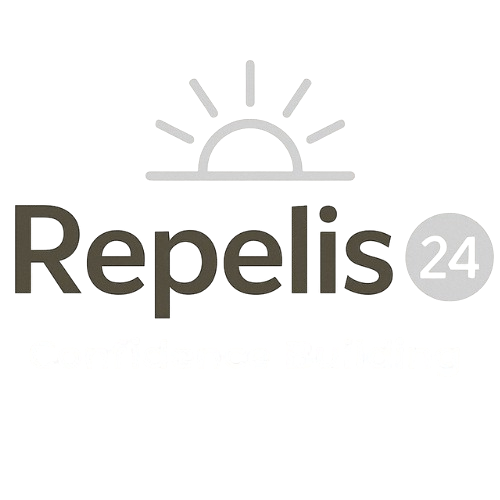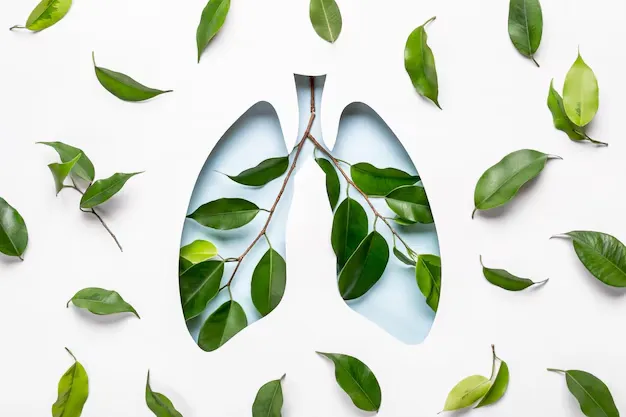People think lung damage comes from smoking or working in a coal mine. Not always. Most of the trouble sneaks in quietly, air you think is fine, habits you don’t question, stuff in your own house. By the time you feel the shortness of breath, it’s been there a while.
1. Air You Breathe Every Day
It’s not just smog over big cities. Tiny particles, PM2.5, are in traffic fumes, industrial smoke, and even dust from building sites. They’re so small that your lungs can’t push them out. I once checked my local air quality on a sunny afternoon, looked clear outside, but the rating was “unhealthy.” Windows stayed shut that day. If you’ve never looked up your air quality index, do it once. It might surprise you.
2. Mouth Breathing
Feels harmless, right? Except your nose filters and moistens air before it hits the lungs. Mouth breathing sends it straight in, dry, cold, and dirty. It’s one reason I wake up with a dry throat when I’ve had a stuffy nose. Over time, it can irritate the airway lining. Some people train themselves back into nasal breathing; others even use a tiny strip of tape at night (yes, really).
3. Secondhand Smoke
You don’t smoke, fine. But you’re at the bus stop, and someone lights up next to you, you’re breathing it in. Those fumes can be more concentrated in toxins than the smoke the smoker inhales. I remember stepping out of a café once because a table near the door had two chain smokers. Chest felt heavy the rest of the afternoon.
4. Mold in the House
If you’ve ever smelled that damp, earthy odor after a leak, that’s your warning. Mold spores can trigger allergies and asthma. They can also cause a lung inflammation that makes it feel like you can’t get a full breath. Seen it happen to a friend, they thought it was a lingering cold until a wall was opened up and, well, it wasn’t pretty.
5. Harsh Cleaning Chemicals
Bleach, ammonia, “pine-scented” sprays, all of them release fumes that can sting your throat and lungs. Some people get a coughing fit right away; for others, it’s slow damage. I still remember cleaning the bathroom once without the fan on. Never again. Vinegar smells bad for ten minutes, but your chest will thank you.
6. Sitting for Hours
If your body barely moves, your breathing stays shallow. Each day, your lungs lose a bit more room to breathe. I’ve caught myself at my desk for four hours straight, only noticed when I stood up and felt like I needed to gulp air. Even a quick walk to the kitchen helps.
7. Radon Gas
Creepy one. You can’t smell or see it. It seeps up from the ground into basements and low floors. It’s the second most common cause of lung cancer among people who don’t smoke. A friend’s uncle had his place tested, and the numbers were way over safe levels. Fixing it meant sealing cracks and adding ventilation. Cheap kit, worth the peace of mind.
8. Dust and Pet Dander
You can vacuum and still miss most of it. Dust mites live in bedding and carpets, and pets shed more than you think. I found enough fur behind my sofa last year to knit a scarf. Point is: it sits there until you breathe it in. Hot wash sheets weekly, and maybe don’t let the cat sleep on your pillow.
9. Stress
Sounds odd until you think about it. Stress makes you breathe fast and shallow. Over time, that can mess with lung function. When I’m tense, I sometimes notice I’ve been holding my breath without meaning to. A couple of deep inhales, not the “Instagram wellness” kind, just real ones, can take the edge off.
Bottom line: You probably met at least three of these threats today without realizing it. None of them are dramatic. That’s the problem, they keep going until something forces you to notice. If you can knock even a couple off the list, you’ll be giving your lungs a better shot at lasting you decades longer.











